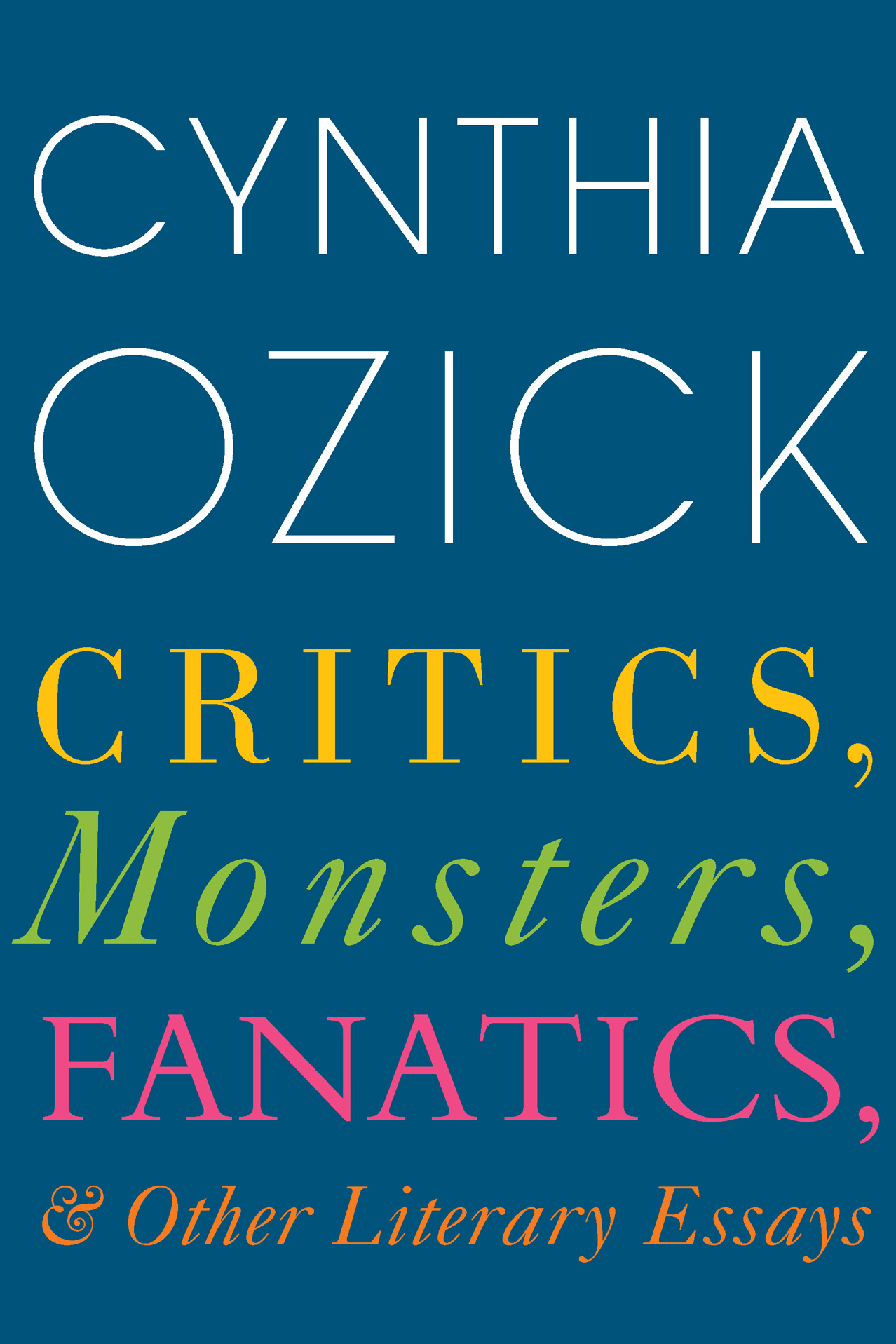
Critics, Monsters, Fanatics, and Other Literary Essays
کتاب های مرتبط
- اطلاعات
- نقد و بررسی
- دیدگاه کاربران
نقد و بررسی

March 14, 2016
This essay collection from novelist (Foreign Bodies) and literary critic Ozick takes a fresh look at renowned writers of the past and present. She sorts the authors under consideration into different categories, including “Critics” (such as Edmund Wilson), “Figures” (such as Bernard Malamud and W.H. Auden), “Monsters” (such as Leo Baeck and Harold Bloom), and “Souls” (such as William Gass and Martin Amis). Ozick illuminates argument through juxtaposition. Thus, essays by Jonathan Franzen and Ben Marcus are seen as seeking, but not finding, “an infrastructure of serious criticism.” Lionel Trilling, “the most celebrated critic of his time,” is seen here through the lens of his fiction, and Saul Bellow through his letters rather than his novels. A piece on Kafka is partly biographical essay and partly exploration of the nature of biography. Hebrew, as language and identity marker, takes center stage for a public conversation between Marilynne Robinson and Robert Alter at the 92nd Street Y, forging links to Ozick’s recurring theme of Jewish identity, and to her last section devoted to Holocaust literature. The Beat Generation comes in for a bit of scolding along the way, but Ozick opens more doors than she closes. “Serious criticism is surely a form of literature,” she posits, and serious readers will agree and find it practiced here. Agent: Melanie Jackson, Melanie Jackson Agency.

May 15, 2016
A veteran and venerated literary essayist, critic, and novelist collects some recent (some previously unpublished) reviews and essays.For each of the terms in her title, Ozick (Foreign Bodies, 2010, etc.), a winner of the National Book Critics Circle Award, offers a brief essay of explanation and even elaboration, and throughout, she delights with her almost Emersonian aphorisms. In her section on "Monsters," for example, which deals with the oddness of writers, she writes (alluding to Flaubert) that she will be considering "the condition of the writer as a deformed outlier." Virtually every page of this strong collection features something memorable, and several significant figures appear more than once, mostly writers and fellow critics whom she admires: Kafka, Harold Bloom, Saul Bellow, and William Gass (whose sentences "are most exhilaratingly ingenious when they venture into unexpected and dizzying keys, diving from vernacular directness into an atonal Niagaran deluge"), among others. Ozick also deals with some key issues in the literary world--the difficulties of translation, the differences between a critic and a reviewer (she places herself firmly among the former and goes off on what she sees as facile and ignorant "reviews" posted on Amazon and on other sites--and notes with sadness how quickly literary figures pass away from the public mind when they die. More than once, she mentions Norman Mailer as a case in point. She doesn't think Bellow has suffered such a fate, but this may be more her wish than a fact. Ozick's pieces are also rigorously intellectual. Readers will need some patience and considerable knowledge to keep up with her in her essays about Kafka and Auden and Gass. Often intricate and lovely leaves from the author's literary tree.
COPYRIGHT(2016) Kirkus Reviews, ALL RIGHTS RESERVED.

Starred review from June 1, 2016
A commanding literary critic (The Din in the Head, 2006) as well as an exceptional novelist (Foreign Bodies, 2010), Ozick takes infinite pleasure in vigorously inquisitive discourse, writing in cadences conversational and incantatory as she marvels and jousts, recharging our appreciation for supple elucidation, robust expression, and intrepid opinion. Ozick launches this fresh and bracing collection with a rallying declaration: superior criticism . . . not only unifies and interprets a literary culture, but has the power to imagine it into being. In her celebration of the critical calling, she looks to the foundational writings of Edmund Wilson and Lionel Trilling as well as that of their heirs, Harold Bloom, James Wood, Adam Kirsch, and Daniel Mendelsohn, even as she drolly acknowledges that readers are fading away, distracted by the multiplicity of storytelling machines. Yet Ozick remains undaunted in her fiery pursuit of literary clarity, examining the letters of Bellow and the journals of Kafka, retrieving the forgotten story of American poets writing in Hebrew, and castigating today's anemic poetry in contrast to the mastery and profundity of Auden. Ardent readers will feel elated and affirmed by Ozick's passion, knowledge, insight, virtuoso style, and personal disclosures, all of which resplendently validate her credo: Without critics, incoherence. (Reprinted with permission of Booklist, copyright 2016, American Library Association.)

























دیدگاه کاربران